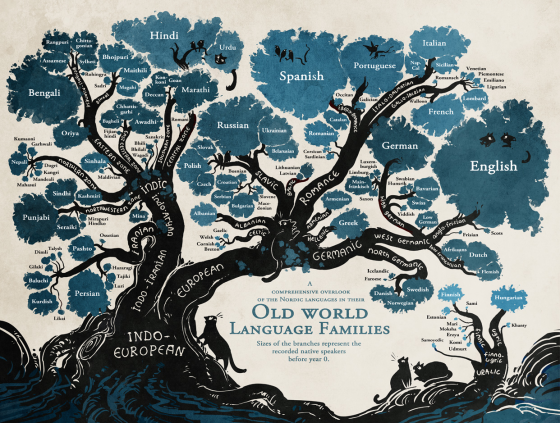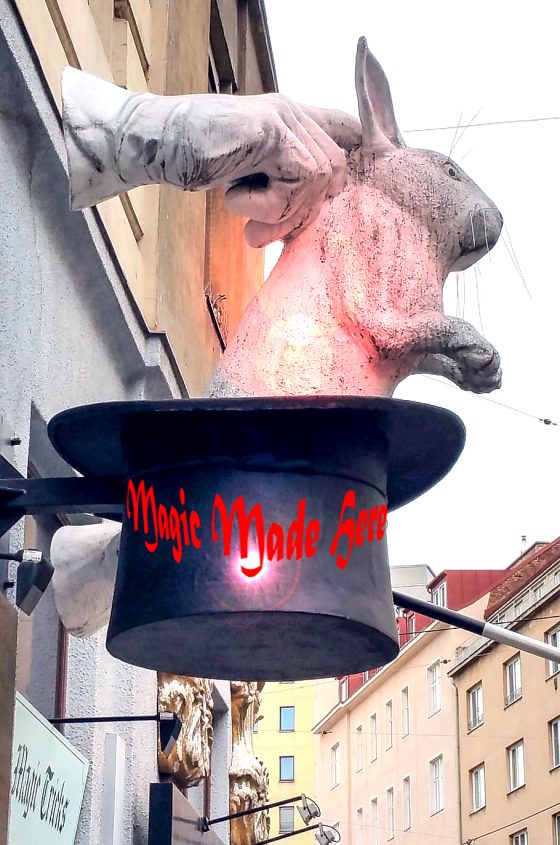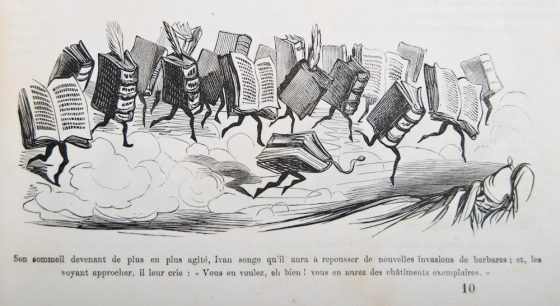
I was around ten when I had a recurrent dream. Back then, I was good at lucid dreaming — I could make myself dream the same story for weeks on end and remember all of it. It was similar to writing in that it was like watching a story unfold in my imagination. I dreamt many stories this way; although most are lost, there was one that stuck with me about a Neanderthal buried in the permafrost next to the mini merry-go-round in our apartment building’s back yard. We lived in Saint Petersburg, Russia. It was cold and snowy in the winter even if there was no actual permafrost in the courtyard. I must have read something about the marvelous preservation of mammoths, and that gave me the idea. I figured that if those ancient pachyderms could be found in permafrost, so too could early humans. In my dream, I dig under the snow, in the bushes located a few feet from the merry-go-round, and discover a bit of old animal skin. Brushing away a few more layers of snow and dirt, I find what looks like a mummified arm, dressed in clothing made of fur. I know right away…






